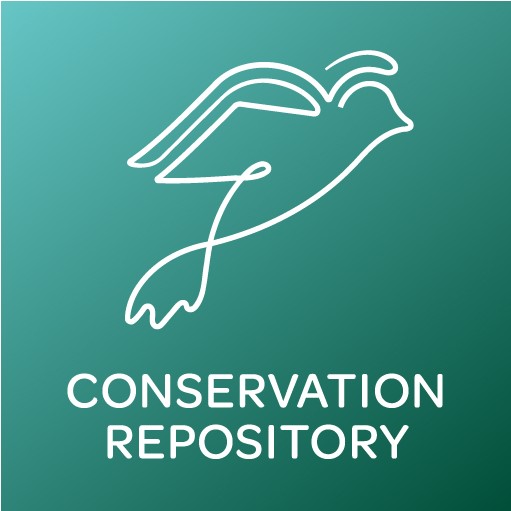
Peer-Reviewed Publications
Document Type
Article
Publication Date
2023
Abstract
One Health is a multifaceted approach increasingly used to explore climate-driven public health challenges; however, it is often lacking the expertise of local people who are most connected to and affected by these challenges. Our goal was to explore how nomadic herders in a conservation area (Ikh Nart Nature Reserve in Mongolia) understand the issues of interconnectedness of environmental, animal, and human health through Foot-and-Mouth Disease of ungulates and climate change. Materials and Methods: We carried out a cross-sectional study of 104 nomadic herders in Dornogobi, Mongolia, using a questionnaire with 11 open-ended questions which were translated into English for analyses and coding using NVivo. The questions explored herders’ perceptions and experiences on the linkages between human wellbeing, environmental factors, and outbreaks of Foot-and-Mouth Disease of ungulated animals, which is occurring more frequently in Mongolia. Results: Pasture degradation was the factor herders most linked to animal, human, and environmental health and climate change. The herders displayed adept understanding of One Health concepts. The herders’ responses throughout the survey revealed a cycle where climate change contributes to landscape degradation, declining animal health, and human socioeconomic consequences. Discussion: Mongolia’s rich tradition of herding and generational linkages to natural resources provide a unique, holistic approach to understanding the effects of climate change and landscape degradation on disease transmission and human well-being. Conclusion: Indigenous Peoples and Local Communities should be actively engaged through leadership and input in formulating transdisciplinary strategies to combat climate change and its effects on animal and human health.
Journal Title
The Journal of Climate Change and Health
DOI
https://doi.org/10.1016/j.joclim.2023.100208 2667-2782
Recommended Citation
DiPietro, Alessandra; Garroutte, Erica; Obasanjo, Iyabo; Tserenochir, Erdene; and Oyunbat, Rentsen, The linkages between climate change and foot & mouth disease: A One health perspective from nomadic herders in Mongolia (2023). The Journal of Climate Change and Health.
https://doi.org/10.1016/j.joclim.2023.100208 2667-2782


